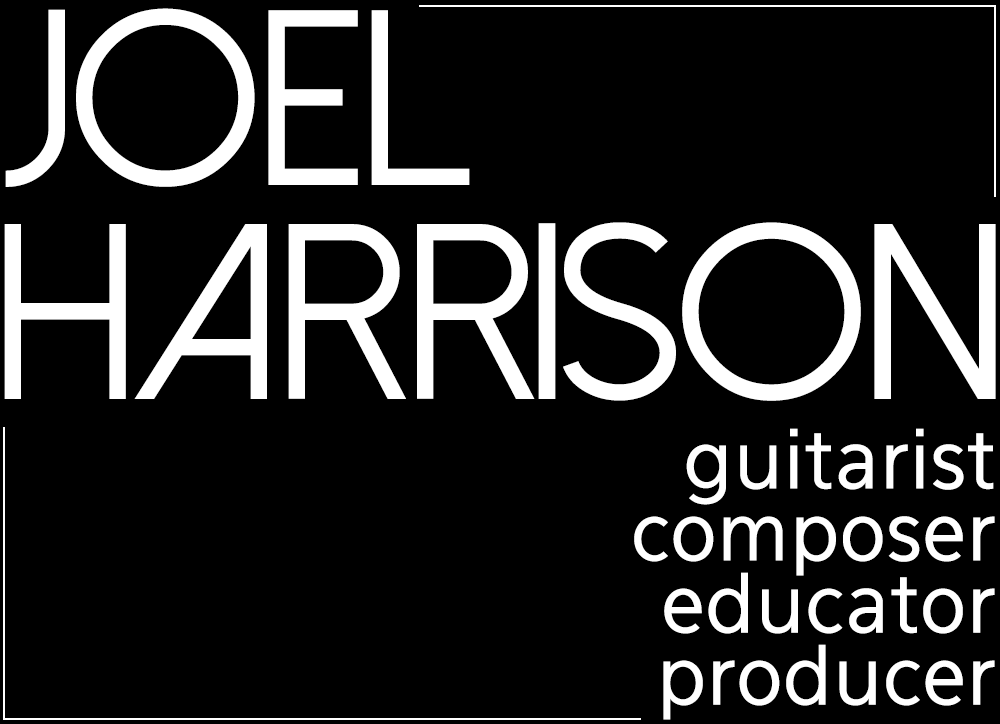Orange Mountain Music, Philip Glass’s record label, was founded in 2001 as an outlet for Mr. Glass’s archival and out-of-print recordings. But the label quickly began releasing Mr. Glass’s new works as well, and before long it was releasing discs by musicians in Mr. Glass’s ensemble and young composers who had caught his ear.

Ruth Fremson/The New York Times
Artists From Philip Glass’s Orange Mountain Music Label From left, Tony Trischka on banjo, Foday Musa Suso on kora and the guitarist Joel Harrison, members of Fojoto String Band, at Le Poisson Rouge on Sunday.

The latest on the arts, coverage of live events, critical reviews, multimedia extravaganzas and much more. Join the discussion.
The label presented a few of its recent finds at Le Poisson Rouge on Sunday evening. Though Mr. Glass was present, he neither spoke nor performed, nor was any of his music played: the cellist Wendy Sutter was scheduled to play his “Songs and Poems” but withdrew because of illness.
The opening set was devoted to a suite from Trevor Gureckis’s soundtrack for “Les Adieux,” a score for piano, violin, cello and flute. Mr. Gureckis works as Mr. Glass’s musical assistant, but his boss’s influence is scarce: the three movements he offered here are built on mildly angular, light-textured piano themes, with the flute and string lines weaving intricate counterpoint around them. This is music with a Gallic urbanity, even in passages where the piano figures have an almost Webernian quality.
The guitarist and composer Joel Harrison was to have presented chamber works he is recording for the label, but those would also have required Ms. Sutter. So instead Mr. Harrison convened the Fojoto String Band, an improvisatory collaboration with Tony Trischka, the banjo player, and Foday Musa Suso, a virtuoso on the kora, an African string instrument that looks like a lute and sounds like a harp.
Mr. Harrison described the group’s music as African, Appalachian jazz, and that seemed about right. When Mr. Suso and Mr. Trischka provided the starting points for the ensemble’s extended explorations, they each drew on traditional styles and specific configurations associated with their instruments, yet when they played together, they created a texture so unified that it was often hard to separate them.
Mr. Harrison’s contributions, on acoustic and electric guitars, stood apart more clearly and often provided the impulse for the ensemble to shift directions and balances.
The trio was joined by the composer, pianist and percussionist Mick Rossi, who played a dumbek (a Middle Eastern drum) in most of the improvisations, and by the saxophonist Andy Laster and the percussionist Charles Descarfino for the wonderfully idiosyncratic arrangement of John Coltrane’s “Chasin’ the Trane” that closed the set.
Mr. Rossi was ostensibly on hand to promote his new recording, “Songs From the Broken Land.” But he played only one piece from that collection of solo piano works, the energetic, Bartokian “Lockdown.” He devoted the rest of his set to his appealingly supple jazz compositions, for an ensemble in which he was joined by Mr. Laster, Mr. Descarfino, Russ Johnson on trumpet and Kermit Driscoll on double bass.
